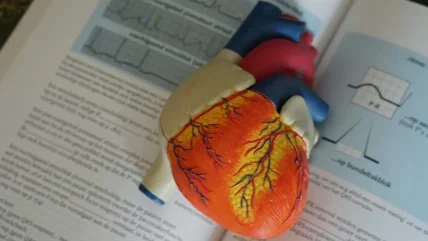
Elucid announced that Noridian Healthcare Solutions, the Medicare Administrative Contractor for California, will extend coverage for artificial intelligence (AI)-driven coronary plaque analysis.
The coverage includes Elucid’s PlaqueIQ software, starting 8 December 2024.
This decision means five of seven Medicare Administrative Contractors (MACs) will now cover this analysis. The move expands the accessibility to over 70% of eligible Medicare patients in the US, Elucid said.
The updated policy enables Medicare patients with acute or stable chest pain, and no known cardiovascular history, to be assessed using AI-enabled plaque imaging software within five MACs.
The American AI medical technology company announced its fourth Medicare coverage a few days back.
Elucid’s PlaqueIQ is designed to help physicians accurately diagnose and personalise the treatment for cardiovascular disease. It recently received the US Food and Drug Administration (FDA) approval for cardiovascular disease assessment.
It is a non-invasive software that objectively quantifies and classifies plaque morphology using ground-truth histology, the gold standard for plaque characterisation.
It provides physicians with clinically validated information to better stratify patients and inform patient-specific treatment pathways.
Elucid CEO Kelly Huang said: “This latest expansion of coverage by Noridian means that even more patients could be positively impacted by PlaqueIQ, which offers the only non-invasive measurement of lipid-rich necrotic core, a vulnerable, high-risk component of plaque that can lead to heart attack and stroke.
“These recent decisions from five of the seven MACs recognise the importance of new technologies like ours that can help quantify and classify coronary artery plaque to help physicians reduce the clinical and economic burden of cardiovascular disease.”
PlaqueIQ uses first-line diagnostic coronary computed tomography angiography (CCTA) to create comprehensive, interactive reports that help physicians visualise and quantify plaque.
The software non-invasively quantifies and characterises plaque components, including lipid-rich necrotic core (LRNC), providing insights into high-risk plaques linked to heart attack and stroke.
This technology may enable earlier identification of higher-risk plaque before symptoms or major adverse events occur.
Elucid is also seeking approval for fractional flow reserve derived from CT (FFRCT), derived from its plaque algorithm, to non-invasively identify coronary blockages and assess the extent of ischemia.






